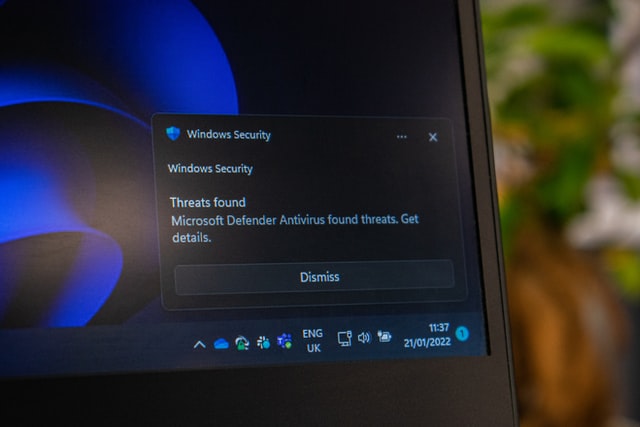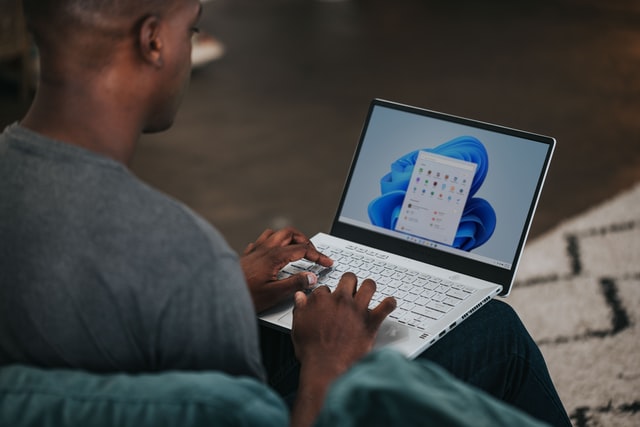Top Reasons to Install Anti-Virus Software on Your PC

You might want to check out some top reasons why you should install anti-virus software on your Windows machine. There are various types of free antivirus software such as AVG, Avira, Bitdefender, ClamTk, and many more. If you are currently using the built-in Microsoft Security Essentials then we would recommend switching over to another free casino wild sultan AV software. This will help you save time and money.
Top Reasons to Install Anti-Virus Software on Your PC
1. Protects against malicious websites
Malicious sites can take over your computer when you visit them. These include trojans, viruses, worms, or spyware and they all try to infect your system with malware. Malware includes programs that are used for illegal activities like stealing personal information, spying on you, sending spam messages to other people’s inboxes, and installing additional adware.

When you visit a malicious website, it could potentially download malware onto your computer. You may even unknowingly open an attachment from an email message which contains this type of malware. To protect yourself against these cyber threats, installing good antivirus software is essential. It can detect and remove any malicious program before it spreads. The latest versions also allow users to easily scan their whole hard drive, so you don’t have to worry about being reinfected after a clean installation visit casino clic.
2. Keeps your files safe
When you download something to your computer (an MP3 song file, an image file, etc.), your operating system stores those files somewhere in its internal storage space. When you download something, the downloading process creates lots of temporary folders inside your hard drive.
This means you need to clear up your hard disk space regularly because there are many different temporary folders created every day by the OS. However, if no one has permission to access casinos 770 your computer, someone could copy off your music folder or change your password without your knowledge.
An anti-malware program keeps track of your installed applications, downloads, cookies, and temporary internet files. Doing this, helps you keep track of what happens on your PC as well as what data belongs leon fr to whom.
3. Freezes infected files
When you download something, the browser is storing downloaded files in your local temporary Internet Files directory instead of overwriting them once you close down your browser window. As soon as you turn off your computer, though, the application disappears from the TIFs directory and any newly updated files take its place.
While this is convenient and efficient for saving space, it leaves room for error. Someone could accidentally delete important documents or change your password – all through a simple mistake. When you use an antivirus program, it scans everything in your temporary internet files directory.
Because of this, it lets you know right away if anything was changed. If you find that you have been infected with malware or virus, you can simply quarantine the suspicious file and wait until your anti-virus software releases the unwanted program back to your system automatically.
In addition, some antiviral software programs come equipped with “kill switches” where you can tell the program to immediately terminate the infected application. This is helpful because most viruses won’t be able to start running if they get terminated.
4. Detects and removes new threats quickly
One of the biggest problems associated with malware is that it comes along slowly and then suddenly gains traction in your system. Since hackers design these programs carefully to avoid detection, it usually takes weeks to properly diagnose the problem.
With the help of a proactive anti-malware solution, however, you can stop infections before they cause too much damage. Some antivirus solutions alert you whenever a threat appears on your system, allowing you to quickly eliminate the infection. Other programs will attempt to remove the virus by themselves, completely replacing the corrupted file with a fresh version from the manufacturer.
Anti-malware programs can also monitor your entire network activity at regular intervals. They can detect unauthorized changes made to your shared drives and databases, helping you discover exactly what happened to your computer.
In fact, some anti-malware products are programmed to look out for unusual network traffic coming from outside organizations. If such activity is detected, you can be alerted immediately so you don’t end up giving credit card numbers or other sensitive information to people who shouldn’t see it. After all, if your network is compromised, everyone on it could potentially be vulnerable!
5. Keeps your files safe
Malicious websites can compromise your security either directly or indirectly. For example, a malicious website might infect your system with code that deletes important files or opens backdoor accounts on your private servers.
A phishing site may trick you into disclosing personal information, like your social security number or bank account details. There are ways to protect yourself and limit the impact of a breach, but even the best precautions won’t do you much good if you lose control over your data. That’s why protecting your files is critical. Antiviruses work differently than traditional anti-spyware applications, and not everybody benefits from their protection.

However, many people do, including individuals using Windows Vista. The latest release of Microsoft’s operating system includes a powerful built-in firewall that protects against malicious sites and programs. Once enabled, it runs continuously in the background. You can easily configure it to allow access to certain sites while blocking others. It’s a great way to keep your data safe without having to think about it every time you click on a link.
